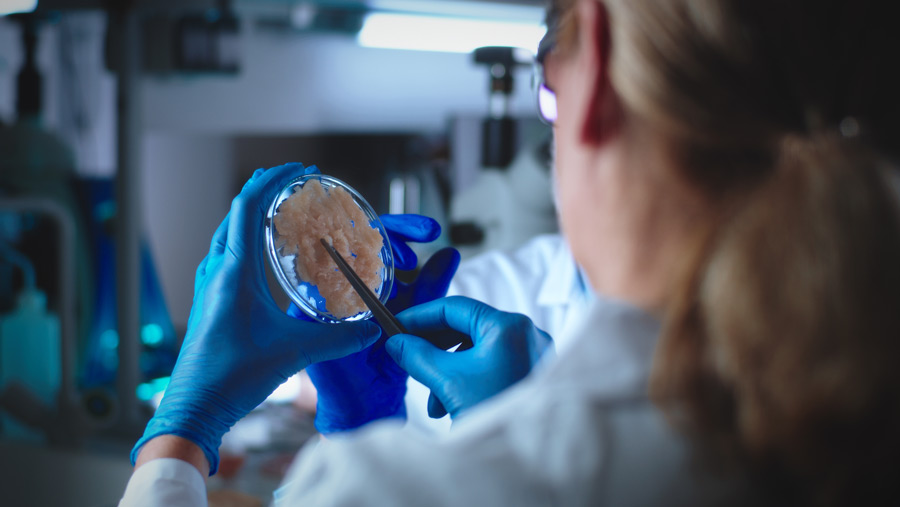Lab-grown meat more costly for environment, study finds
 © Framestock/Adobe Stock
© Framestock/Adobe Stock New research has raised doubts over whether lab-grown meat could be a greener alternative for the planet than conventional meat produced from livestock.
Scientists at the Department of Food Science and Technology, University of California, Davis, found the carbon footprint of lab-grown, or “cultivated” meat, could be up to 25 times worse for the climate than meat produced by raising and slaughtering farm animals (PDF).
Food scientist Derrick Risner and colleagues assessed the environmental impact of near-term animal cell-based meat (ACBM), or “cultured meat”, production.
See also: Is lab-grown meat a threat to traditional livestock farming?
The researchers estimated that each kilogram of ACBM produces between 246kg and 1,508kg of carbon dioxide, which is four to 25 times greater than the median global warming potential of regular beef produced from livestock.
This is because the carbon dioxide emitted for the different stages of lab-grown meat production, especially the highly purified growing process, is highly energy intensive, they say.
“Animal cell culture is traditionally done with growth medium components that have been refined to remove/reduce endotoxin,” say the researchers.
“The method of endotoxin reduction or elimination is highly dependent upon the properties of the substance being purified… the use of these refinement methods contributes significantly to the economic and environmental costs associated with pharmaceutical products since they are both energy and resource intensive.”
A study published in January by Pelle Sinke at CE Delft, a consulting company based in the Netherlands, concluded that lab-grown meat could have a lower carbon footprint than beef, if technology improves the production process.
Commenting on the findings of this latest study, NFU deputy president Tom Bradshaw said: “Innovation and new technology has always been central to the progress of British livestock farming and we must continue to drive the ambition of producing climate-friendly beef and lamb that delivers carbon storage and environmental habitats.
“Although the science of lab-grown meat is interesting, there are still too many unknowns about health and sustainability to be able to give further comment.”
